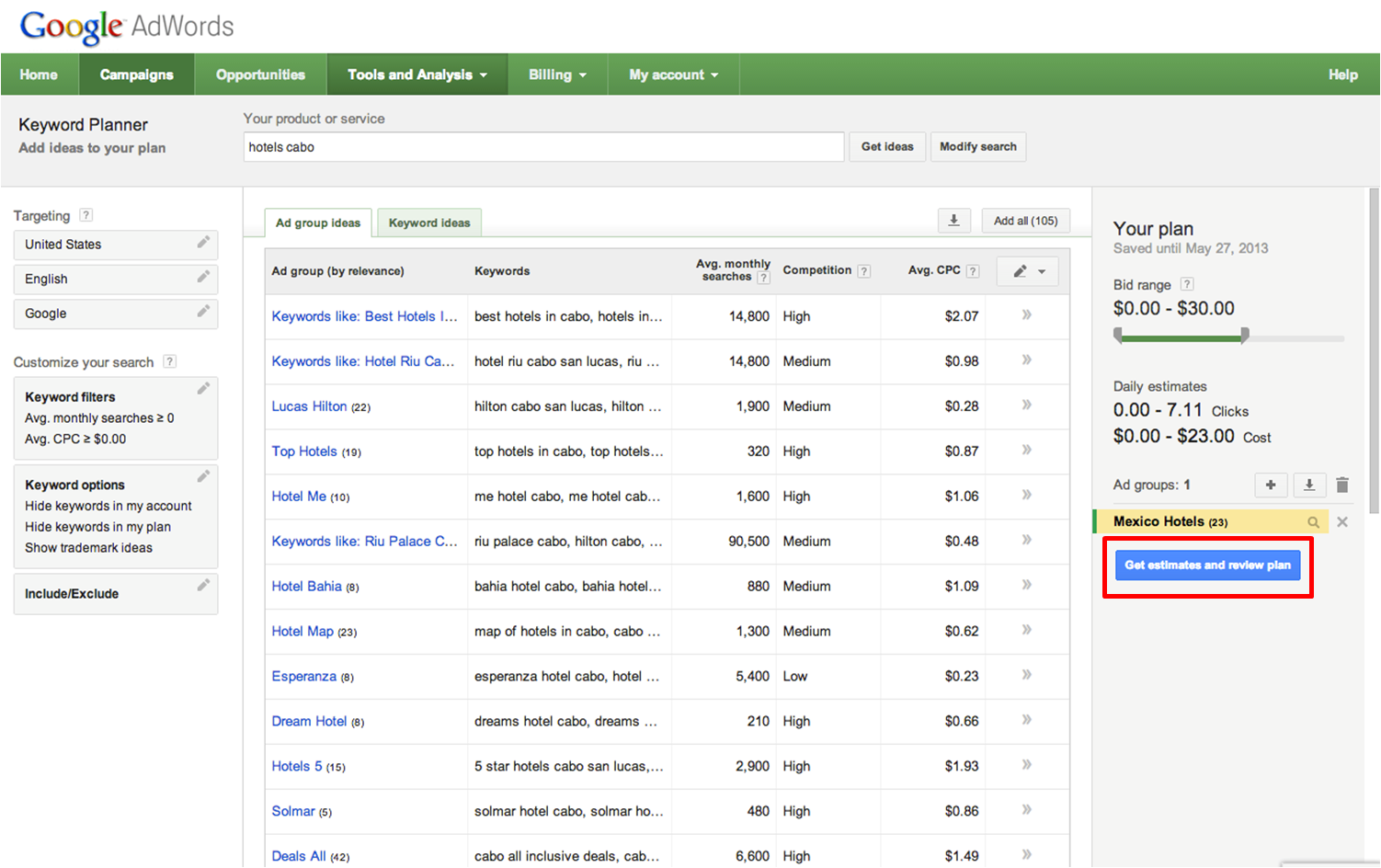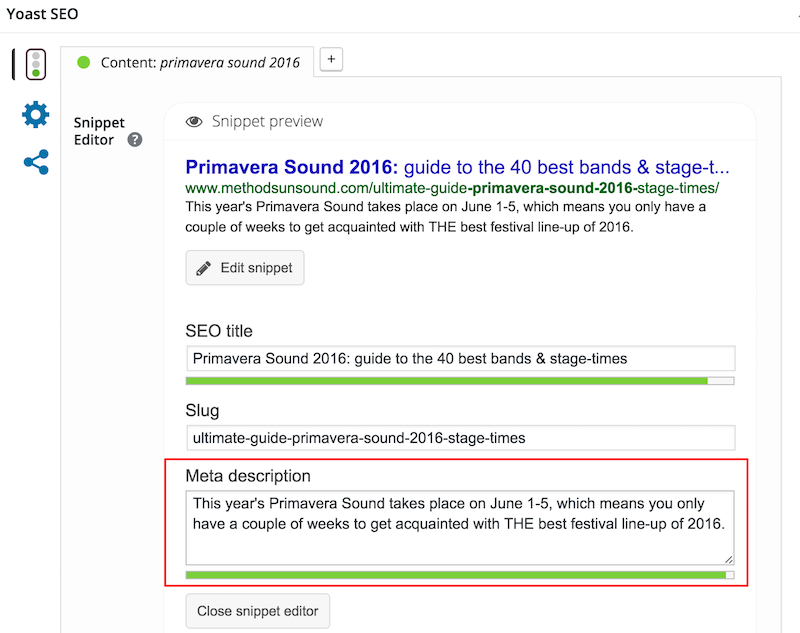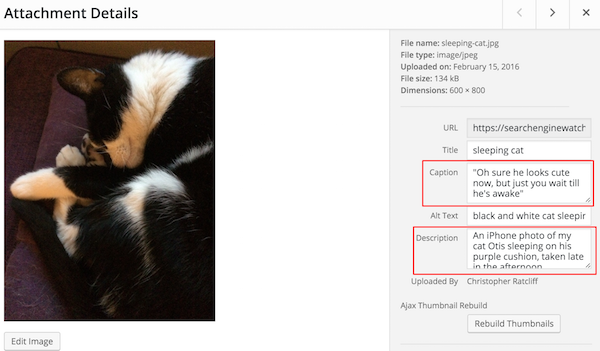SEO can boost the traffic to your site by paying closer attention to what your visitors want from you. It can help you create the content that your readers will enjoy while optimizing your pages to be as useful as possible.
The first steps towards search engine optimization can be scary, but you can start implementing small changes to improve your rankings in search results.
After all, SEO success doesn’t happen overnight, so it’s better to start with the small changes that will gradually lead to greater success.
Defining SEO success can be subjective, but in general, we want to:
- Be more relevant for our target audience
- Increase the search traffic coming to our site
- Build awareness from search results
- Use the opportunity to improve the site’s user experience
- Find new business prospects by beating competitors in search results.
11 tips to keep in mind when you start optimizing your site
Focus on your content
A good start to search engine optimization is to pay attention to your content. Keywords can help you become more specific to your search objectives, but you still need to create quality content.
Your content should make sense to your readers first, rather than the search engines. It used to be a common suggestion to add all your keywords throughout your copy but this risked the chance of alienating your audience. The modern approach to SEO requires you pay attention to the quality of your content to stand out with your copy.
Understand your keywords (but search like a human being)
You need to perform a keyword research to find the best keywords that will bring you success. The next step is to include them in your copy in the most natural way. It’s important to understand that your keywords are your search terms that people will search for your site. They need to make sense and they shouldn’t be too general.
Think the way you’d perform a search. Would you search for ‘search engine optimization tips’ or ‘best tips for SEO beginners’? The more specific you get, the higher the chances to find your niche audience.
Think like a user
Once you start searching like a user, the next step is to also think like a user when you’re improving your site. You don’t have to be an SEO expert to make small tweaks to your site’s performance.
For example, how fast is your load page? If your site is too slow then this will also affect your search rankings. Moreover, if your site is not optimized for all devices, then Google probably won’t place you high in the search results.
User experience becomes more important than ever and you need to consider all the changes that will make your site easier for your visitors. Seek suggestions from people who visit your site for the first time. The feedback can be valuable.
The art of the headline
Your headlines should be short but descriptive. It’s suggested you create headlines of 50-60 characters. This is the limit of what search engines access so even if you create longer headlines, the rest won’t be tracked.
Use the headline to describe your content and the page that the visitor will access. Make it appealing, but not misleading. Feel free to be creative, provided that you still stay loyal to the context.
Add internal links
Internal links help you highlight the value of your content. It’s a good way to increase your traffic while boosting your SEO, one page at a time. Every link should have a different focus keyword to avoid cannibalizing your own content.
Add external links
External links can also bring value to your site provided that you use them in moderation. You don’t want to lose your readers by leading them to a page that serves as your competitor. Make sure you’re only linking to pages of high authority to increase the process of building trust while adding further value to your content. Treat link building as a strategy and avoid the temptation of over-stuffing your content with external links.
Involve social media for authority building
It’s common to ask whether social media affects your SEO strategy. Although there is no direct correlation between the two, it is still useful to build your social presence while improving your search rankings.
The more visible you are, the higher the chances of building your credibility by reaching a wider audience. After all, tweets can show up in search rankings and social success can still lead to multiple benefits.
Create fresh content but don’t forget your older content
Fresh content can serve as a ‘signal’ that you’re regularly updating your site. Whether it’s a blog post or any tweaks to keep your messaging new, it’s good to add new content from time to time.
Except for new content, it’s also useful to revise your existing copy. Your older blog posts can end up having bigger value than your latest ones. SEO takes time to work, which means that the older your post, the higher it can land in rankings.
Make sure you create good content and you use the right keywords and keep an eye on the performance of your older posts to keep them up-to-date. This can be a good tactic to boost your site’s traffic without necessarily creating new posts.
Add meta tags
Title tags describe the content of your page. It’s the language that helps search engines understand what your site is about. This is where you need to add the right keywords that are more relevant to your page.
Moreover, a meta description provides the right context for your title tags helping both search engines and people to get a quick glimpse of your content. A meta description should be no more than 160 characters and you need to pick your words wisely. This is the copy that may convince users to click on your page.
Optimize your images
SEO is not limited to written text, but it can also extend to images. As visual content becomes more popular, it’s critical to optimize your images to make them easier for people to find them.
Luckily, it doesn’t take time to optimize your images, here’s a guide to help you improve image optimization.
Think of image search as a new chance of building traffic to your site.
Local SEO
Local marketing is gaining ground as more marketers try to reach more targeted audiences. As Google invests in local advertising, there is also a growing space for local SEO. Keyword strategies focus more on local audiences and the copy can be optimized to fit different targeting.
A good way to keep up with local SEO is to learn as many details as possible about your target audience. Think what their local needs are and what keywords could bring you more traffic to your site.
Overview
SEO nowadays is all about providing an excellent user experience by paying attention to everything that includes the copy, the design, the keywords and the insights from your target audience.
Always think like the user and try to be relevant and useful with your content. Don’t ignore keywords but make sure you use them only when appropriate.
Last but not least, SEO takes time so don’t lose hope if you don’t see any difference in rankings after your first tweaks.
source https://searchenginewatch.com/2018/08/07/seo-101-11-tips-you-need-to-know-when-you-optimise-your-site/



No comments:
Post a Comment